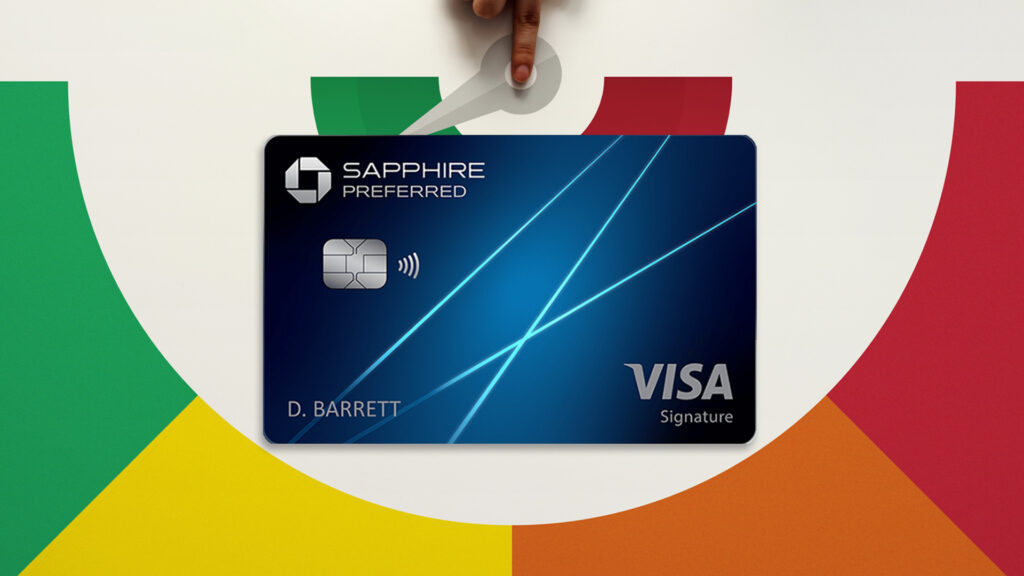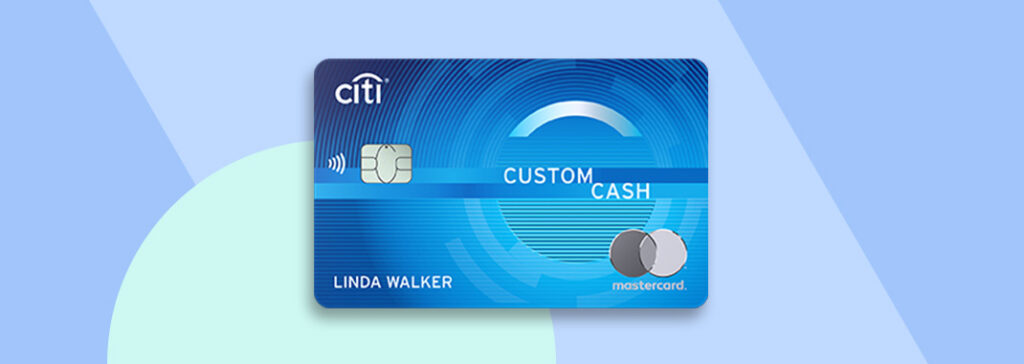Most products on this page are from partners who may compensate us. This may influence which products we write about and where and how they appear on the page. However, opinions expressed here are the author's alone, not those of any bank, credit card issuer, airline or hotel chain.
Opening a new credit card can be exciting, especially if you have the chance to enjoy a hefty welcome bonus or other benefits. Yet whether you're opening your first credit card or your twentieth, it's important to approach each new credit card application with care. There are certain mistakes you should avoid, or they could cost you in the form of money, rewards, or even credit score damage.
1. Forgetting to Check Your Credit First
A credit card is, as the name suggests, an extension of credit. So, when you apply for a new account, the credit card issuer will check at least one of your credit reports and credit scores from Equifax, TransUnion, or Experian.
Since you know that a credit check will be part of any new account application, it's important to discover what condition your credit is in before you apply. If you monitor all three of your credit scores, you may already have the information you need. But if you're not in the habit of checking your credit on a regular basis, you'll need to review your credit details.
 Related Article
Related Article
How to Monitor All Three of Your Credit Scores for Free
You can download free copies of all three of your credit reports online at AnnualCreditReport.com. The Fair Credit Reporting Act (FCRA) gives you the right to check these reports for free once every twelve months.
There's a chance you might discover errors when you review credit reports. According to a recent study by Consumer Reports, over one-third of consumers found mistakes in their credit reports. If you experience this problem, the FCRA allows you to dispute any credit report errors you discover.
2. Applying for a Card That's Out of (Credit Score) Reach

Another reason to review your credit reports and scores before you apply for a new credit card is to discover which types of accounts are the best fit for you. Credit card companies have minimum qualification criteria that you'll need to meet, and your credit score is a big part of the equation when you're trying to get approved for a new credit card.
Having bad credit doesn't mean you can't open a credit card. But bad credit could be an obstacle when you try to open certain types of accounts (like premium rewards cards, for example).
Applying for accounts that you're unlikely to get due to your credit rating can be frustrating. Plus, the extra credit inquiries might have a negative credit score impact (though typically only a slight one). Instead, you'll want to conduct your new credit card research according to your credit score category.
If you have a fair credit score, for instance, it's probably best to avoid credit card offers that require excellent credit to qualify. But if you have good to excellent credit, more options should be available to you. And remember, if your credit isn't where you want it to be right now, you can always work your way up to more appealing rewards credit cards in the future.
 Related Article
Related Article
What Credit Score Do You Need to Get the Chase Sapphire Preferred?
3. Getting the Wrong Card for Your Spending Habits
After you understand how your credit score can impact your approval odds, you should be in a position to search for cards that are the best fit for you. There's nothing wrong with opening a new credit card to try to earn a valuable sign-up bonus (provided you manage the account responsibly). But you'll want some credit cards in your wallet that match up with your spending habits.
Let's say you're a person who spends a sizable amount on groceries each month. But you rarely travel. In this scenario, a travel rewards credit card might not be ideal for you. A credit card that offers higher rewards on grocery purchases could be more valuable based how you spend money.
Likewise, you might be someone who hates using multiple credit cards to earn higher rewards. And although having different credit cards for dining purchases, grocery purchases, travel purchases, and more can certainly be rewarding, those cards won't benefit you if you only plan to use the same account over and over again.
If you value a simple rewards strategy above all else, then a card with elevated (though not the highest) rewards on all spending might suit you best. Several rewards credit cards offer a flat 2% cash on every purchase, for example, which might be worth considering in this situation.
4. Placing Too Much Focus on the APR
Anytime you borrow money, getting the lowest APR possible is wise. Yet with credit cards, you can avoid paying any interest at all as long as you pay your full statement balance each month. Due to the interest-free grace period that credit cards offer, it might be worth accepting a credit card offer with a higher APR if it means you could earn higher rewards.
There is an important exception to note here. You know your financial habits better than anyone else. If you tend to overspend on credit cards (or if you worry you might), then a high-interest credit card may be a bad choice. No credit card offers rewards that are valuable enough to offset costly interest fees if you tend to revolve a balance month after month.
5. Avoiding Credit Cards with Annual Fees
Some people avoid taking advantage of valuable credit card sign-up offers and rewards because they dislike annual fees. I used to feel the same way. But after a lot of research, I discovered that annual fees can be worth it when the benefits and rewards outweigh the cost.
Now, some of my favorite credit cards feature hefty annual fees. However, I receive so much value from these high-annual-fee accounts that I come out on the positive end of the arrangement. Once I was able to take advantage of so many statement credits that I offset a $550 annual fee in a single month.
It's understandable not to be a fan of annual fees. Yet that point of view could cheat you out of some valuable opportunities. (Been there, done that.)

















